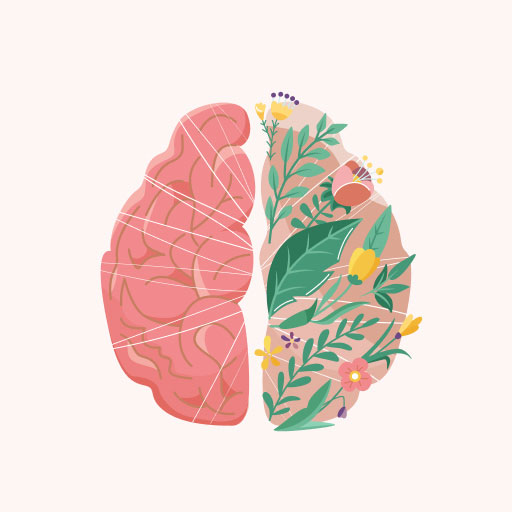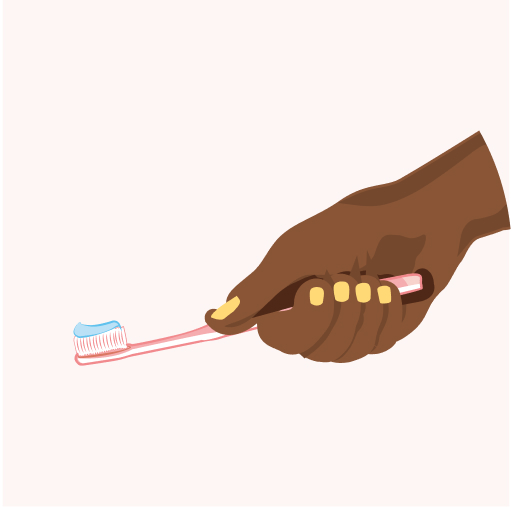
The Struggle Is Real: Stressors and Their Impact on Black Women’s Health
Unfortunately, none of us are strangers to stress. As Black women, we’re faced with the double whammy of being both Black and female, dealing with stressors such as sexism and racism at work, where we shop, and in schools.
As a grad student I went through a particularly stressful time (who am I kidding — the entire process was stressful) that got me thinking more about how stress can impact our health in the short term, but more importantly, how it can increase our risk for disease in the long term. I spend a great deal of time studying the relationship between stress and health with a focus on people of color, Black women and pregnancy and birth outcomes. I was first introduced to the link between stress and health when I read about the weathering hypothesis, and I was blown away.
Dr. Arline Geronimus published her work describing the weathering hypothesis in 1992, explaining the patterns observed in birth outcomes among Black and White women. Geronimus found that at young ages, Black women had a lower chance of experiencing infant mortality compared to White women of the same age. However the gap in infant mortality widened with age among both populations. Geronimus suggested that a lifetime of stress causes a deterioration in health early for Black women and explains the age gaps in birth outcomes. Geronimus and others have extended this line of reasoning to the body’s physiological response to excess stressor hormones, and found that Black women had a higher likelihood of being overexposed to these hormones compared to White women. This blew my mind and began my journey to better understand how stress impacts health and how it affects various populations differently. There’s still so much more to learn, but here are my major take home messages from my research on stress and health:
There’s a difference between acute and chronic stress
We all have a response to acute stress that can be protective such as the “fight or flight” response. In the short term, this activation of our physiological response is useful. But when chronically activated this response can be harmful. Over the years researchers have attempted to better understand and quantify how chronic stress can lead to physical illness and have actually isolated the physiological systems involved in the stress response.
Stress can literally get under your skin
There is a ton of research on the idea that overexposure to adverse conditions around us can create a buildup of stressors. On a physiological level, stressors can activate neuroendocrine, immune and autonomic systems throughout the body. Frequent, intense or chronic activation of these systems may actually change how we self-regulate these systems and lead to impairments in our stress recovery. On a behavioral level, stressors and their effects on our bodies’ stress systems can also shape health behaviors, driving obesity and substance use for example. Processes at any of these levels can affect each other and potentially making the effects of stress worse.
A lot is out of our control, but we’re not completely helpless. Stress can impact the way you eat, contribute to mental health and physical illness. Finding ways to combat the stress in your life isn’t easy, but we can do little things to mitigate the impact. This means taking time to focus on ourselves, eating well, exercising, seeking professional help, and staying connected to supportive family, and friends.
More Content
Mental & Behavioral Health
Sisters, Stress, and Mental Illness
Women are evolving creatures. We are moms,...
Mental & Behavioral Health
Living Life on Hard Mode: Are You Adulting with Complex PTSD?
[embed]https://vimeo.com/1095758588?share=copy#t=0[/embed]










